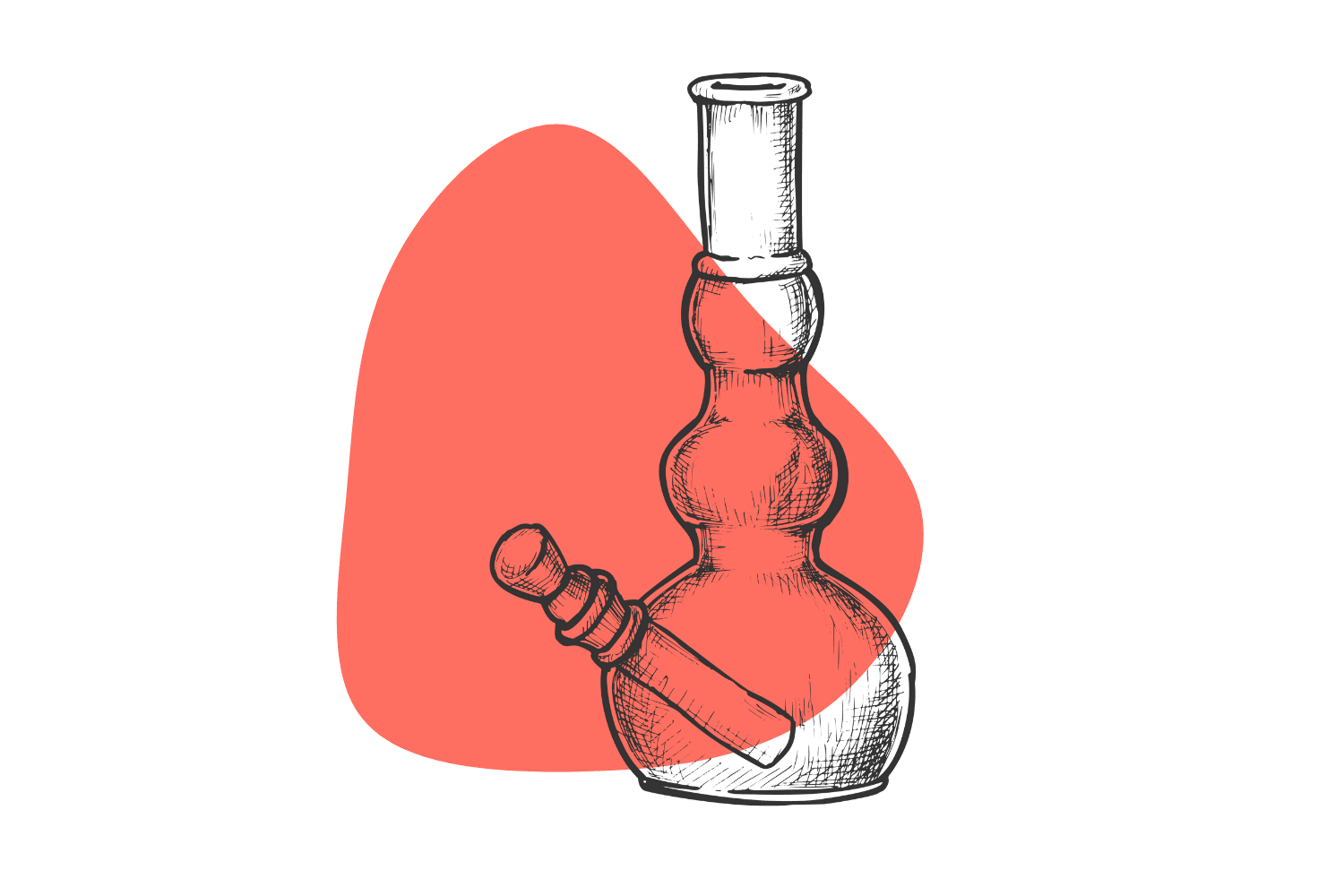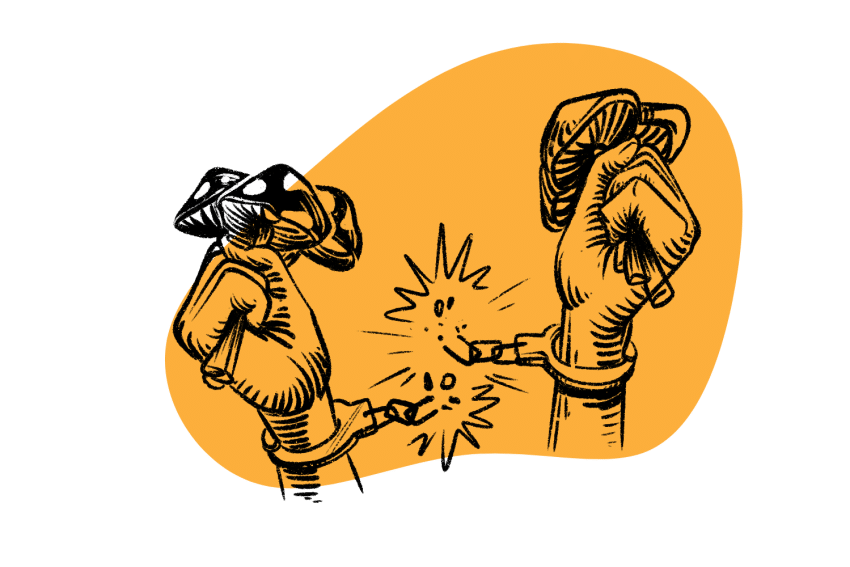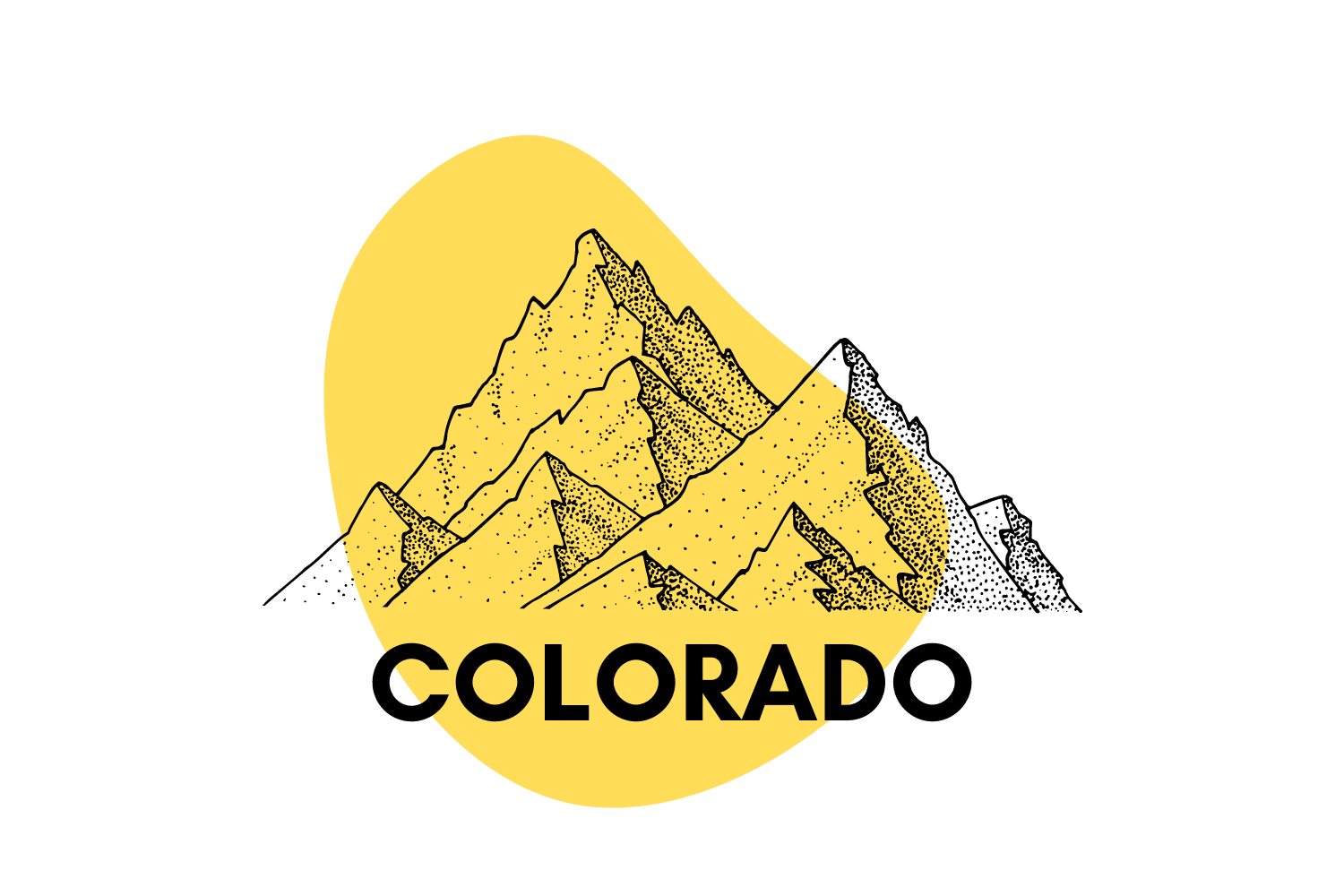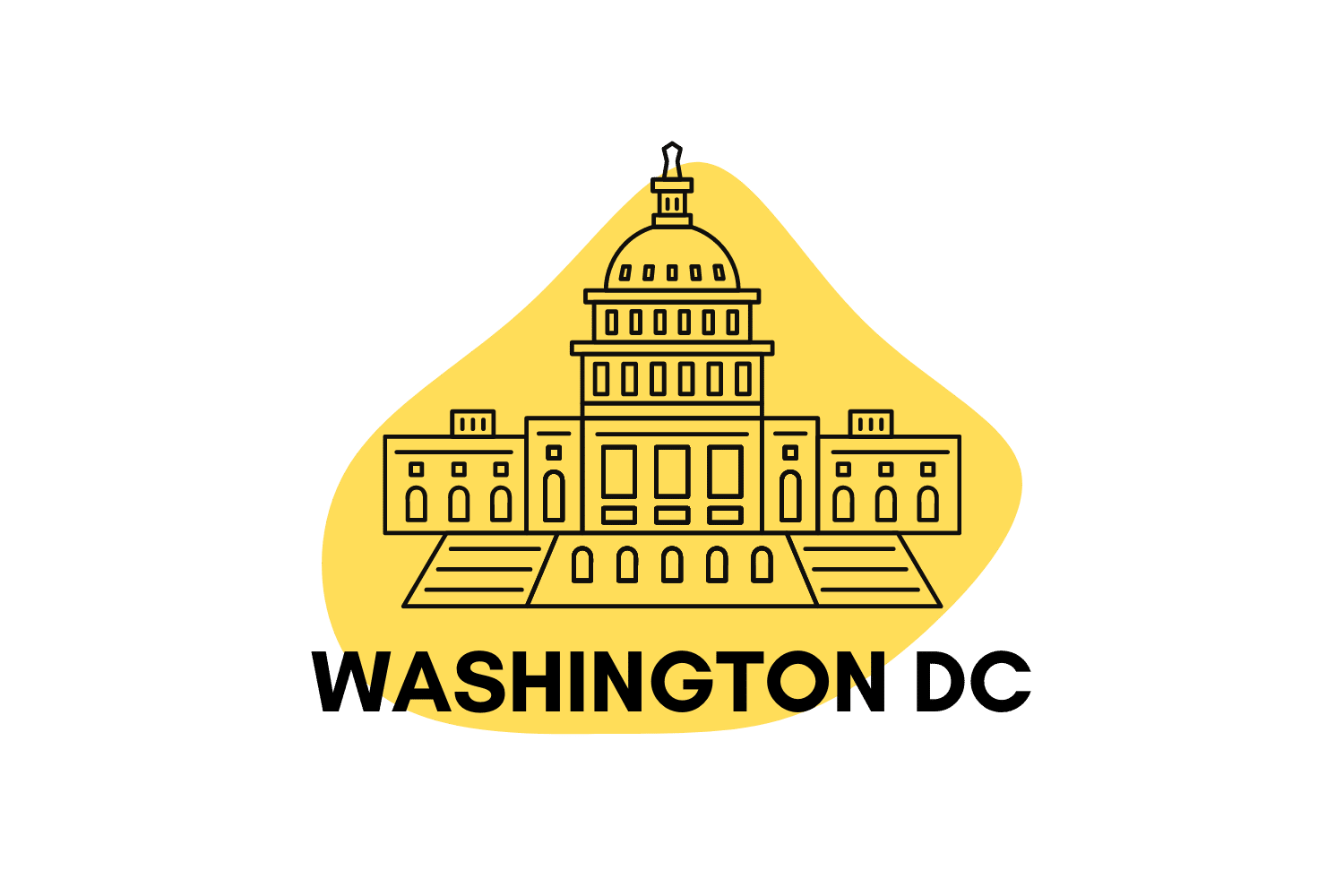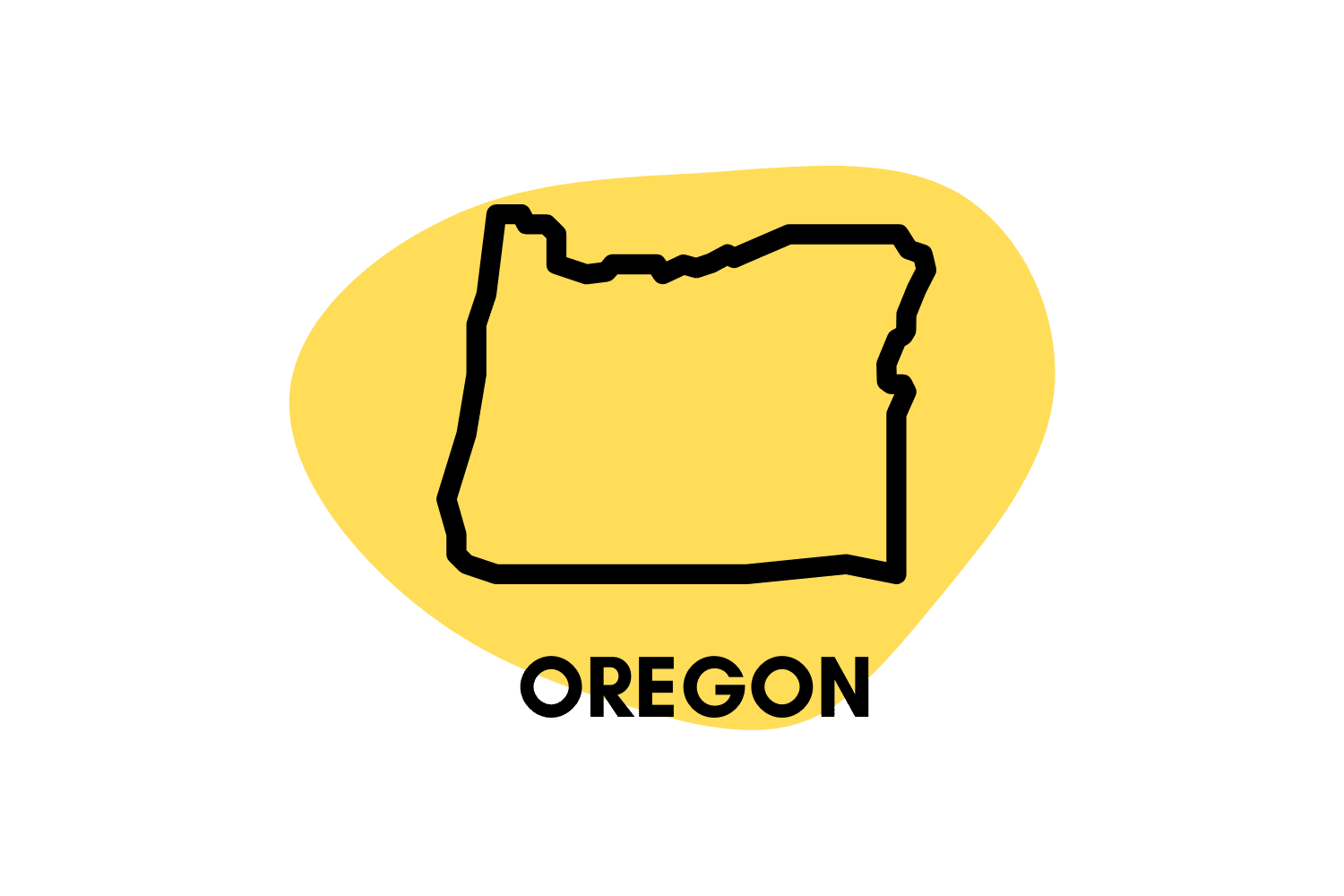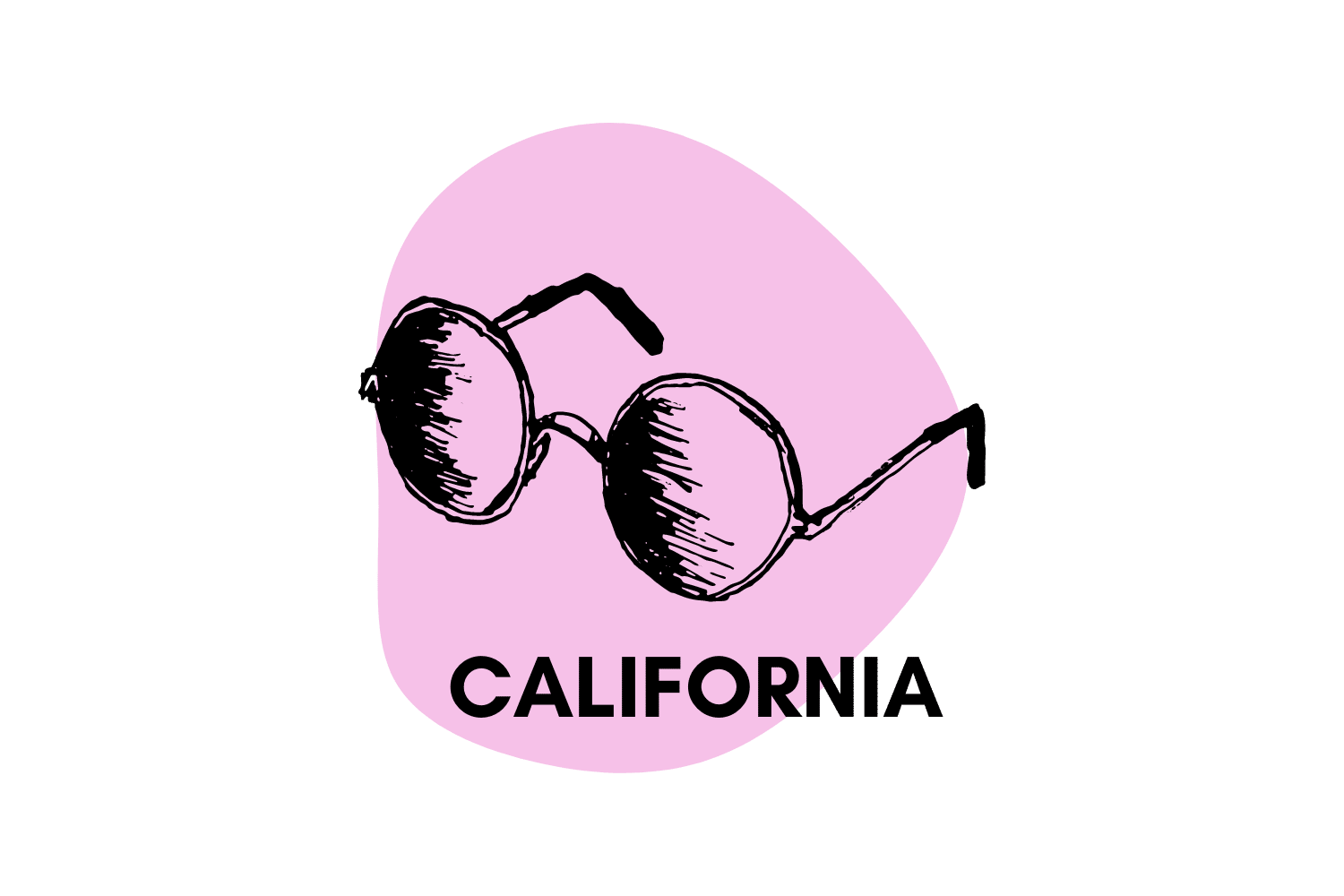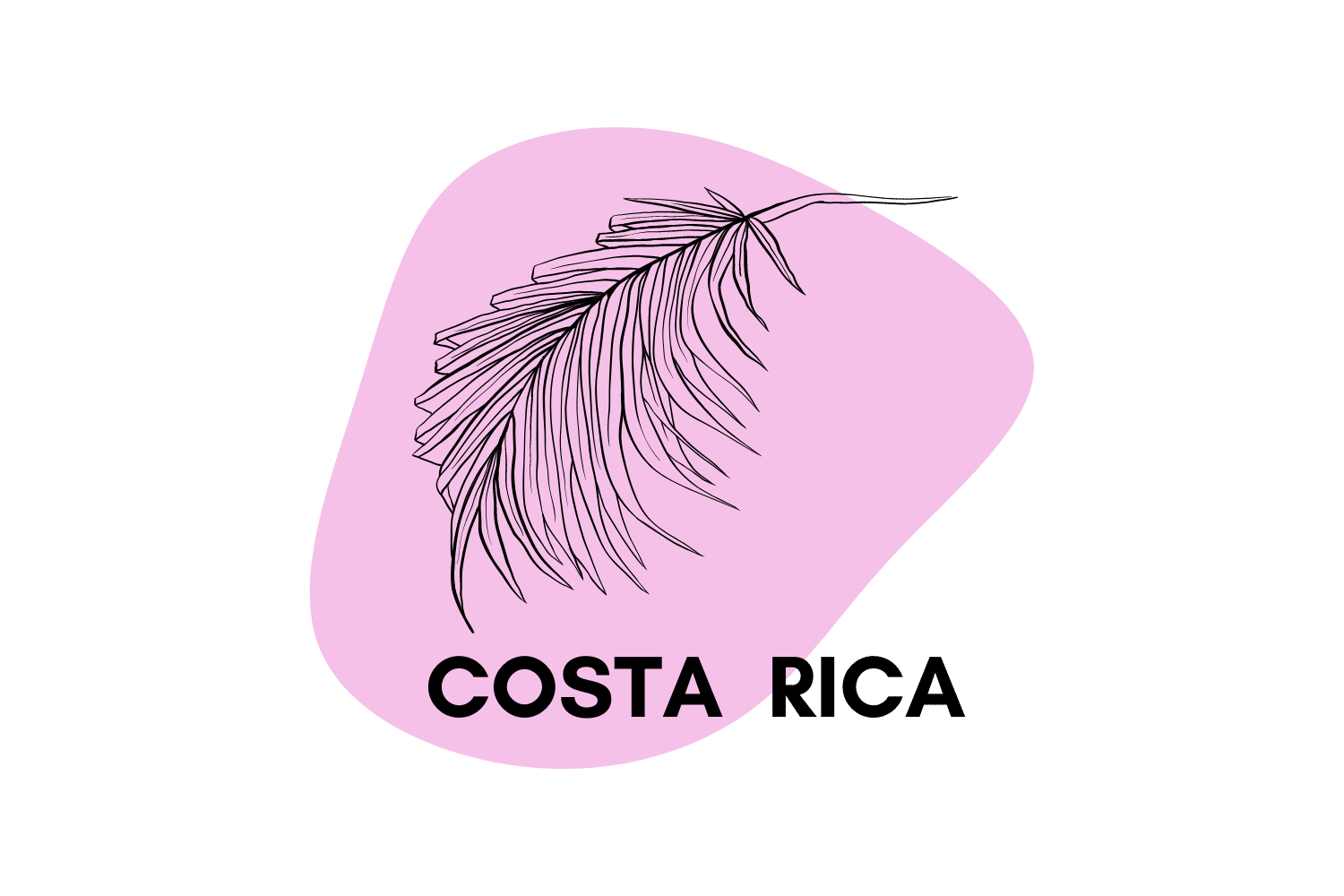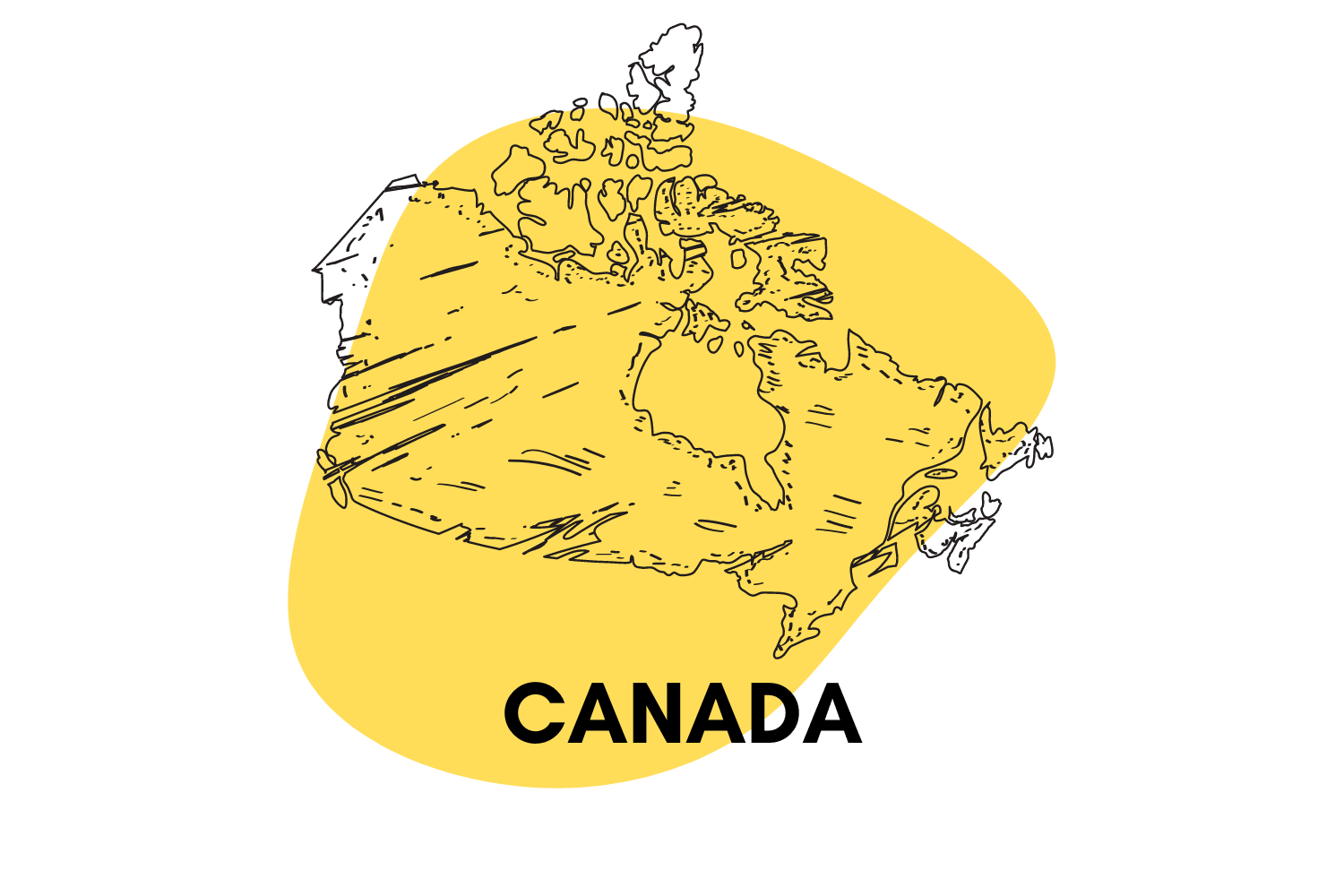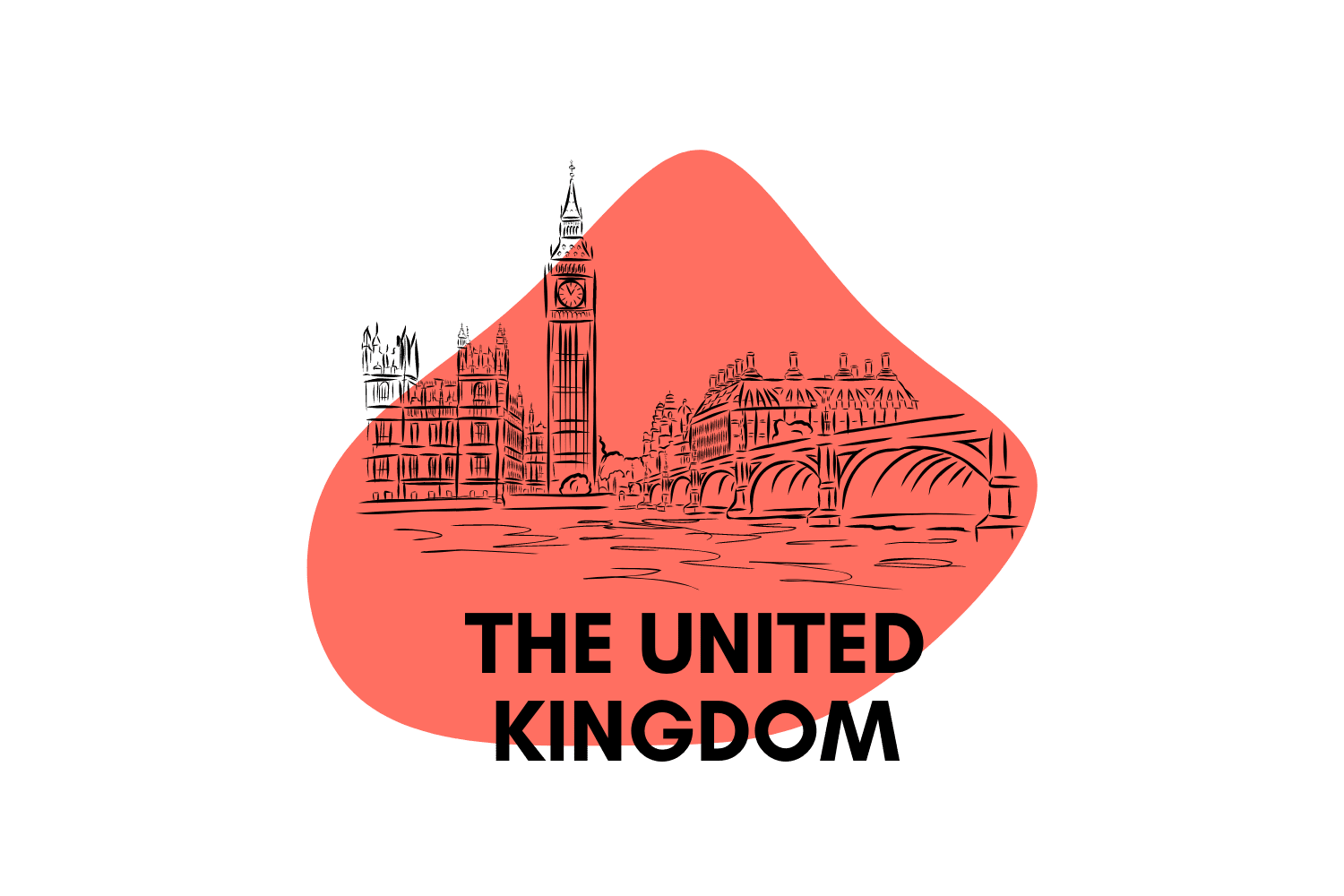Psychedelic Drug Laws in Bulgaria
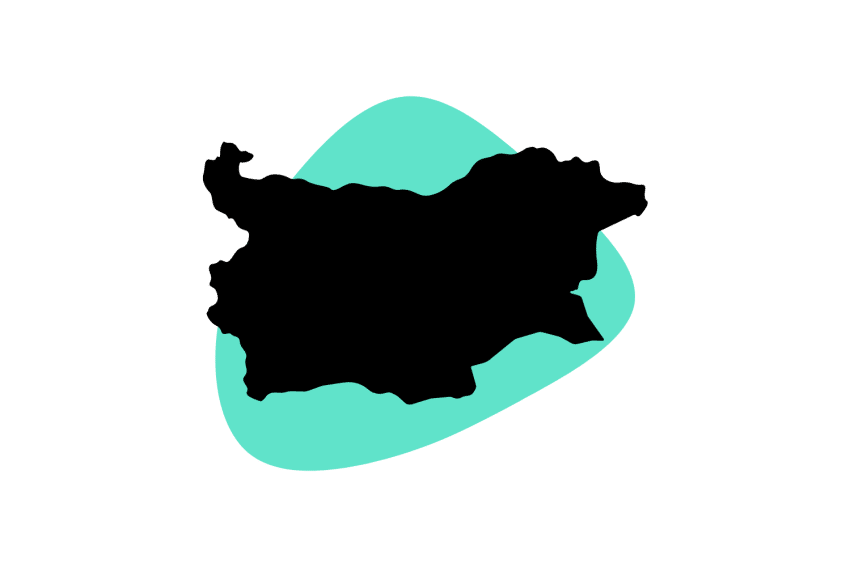
Besides their famous hallucinogenic effects, psychedelics—especially psilocybin—have been discovered to hold immense therapeutic potential. However, Bulgaria and most other countries prohibit their possession, sale, and use.
This article will cover the legal status of psilocybin, LSD, and MDMA, among others, in this country. We will also show you some magic mushroom species you can find in the wild here.
Summary of Psychedelic Drug Laws in Bulgaria
- Almost all psychedelics are illegal in Bulgaria
- You can be imprisoned for up to six years for possessing small amounts
- Cannabis is illegal both for medical and recreational purposes
- Magic mushrooms grow wild throughout the country
Bulgaria Drug Penalty Chart
| Class | Substance | Psychedelic | Penalties |
| I (High-risk) | Cannabis, heroin, crack, cocaine | MDMA | Personal use: fine up to BGN 1,000 (EUR 511) Larger amounts: 1-6 years in prison |
| II (Moderate-risk) | — | — | Larger amounts: up to 5 years in prison |
(Source)
Are Magic Mushrooms Legal in Bulgaria?
No, magic mushrooms are not legal in Bulgaria.
Bulgarian Drug Law classifies psilocybin — the main component of magic mushrooms — as a Schedule I controlled substance, considering it a dangerous compound.
According to article 354a of the Bulgarian Penal Code, penalties can be harsh. For possessing magic mushrooms, you can be imprisoned for up to six years and receive fines up to one thousand leva (BGN), depending on the exact amount.
Although Bulgarian law considers psilocybin dangerous, researchers believe the compound has clear potential for psychotherapy. Johns Hopkins Medicine even advocates for its reclassification, arguing it has medicinal value and low potential for abuse.
Related: Magic Mushroom Legal Status Around the World.
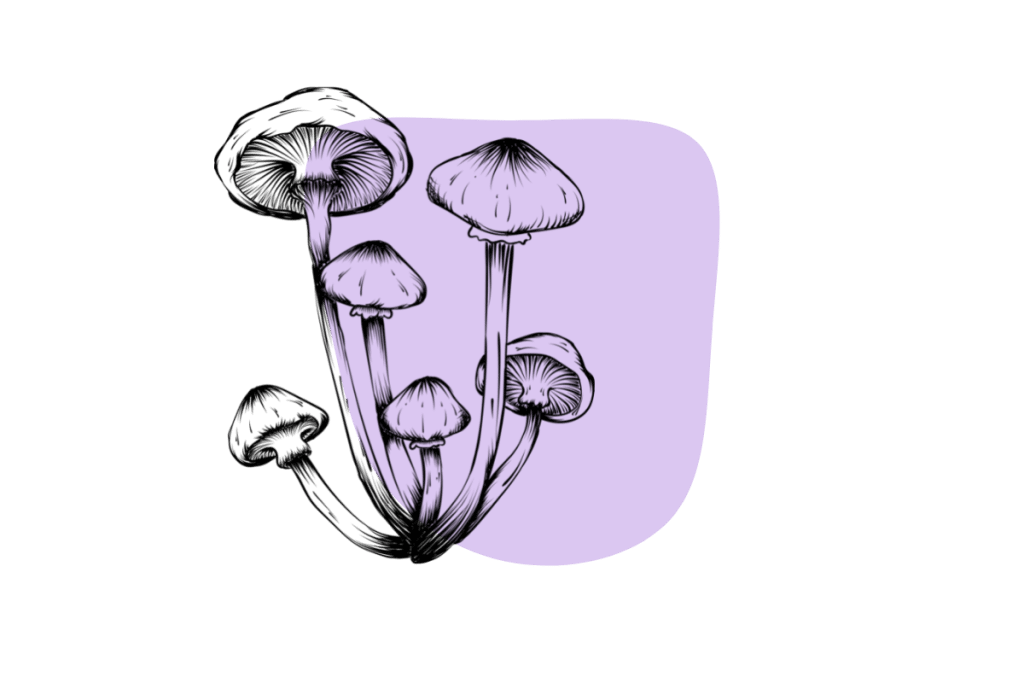
Where to Buy Magic Mushroom Spores in Bulgaria
Technically, magic mushroom spores are legal almost everywhere in the world — including Bulgaria as they do not contain psilocybin. Therefore, you should be able to find spores sold on the Internet.
However, remember that growing magic mushrooms is still considered illegal and severely punishable. Article 354b of the Bulgarian Penal Code imposes up to six years imprisonment for those caught cultivating any psychoactive substance.
Do Magic Mushrooms Grow Wild in Bulgaria?
Yes, several magic mushroom species grow wild in Bulgaria.
You can find magic mushrooms growing naturally worldwide, besides in frigid areas like Antarctica. In Bulgaria, you can find over ten species. We’ll cover some of the most common below.
Still, although it is not illegal to forage for them, we advise you not to do so, as many species of magic mushrooms look similar to poisonous ones.
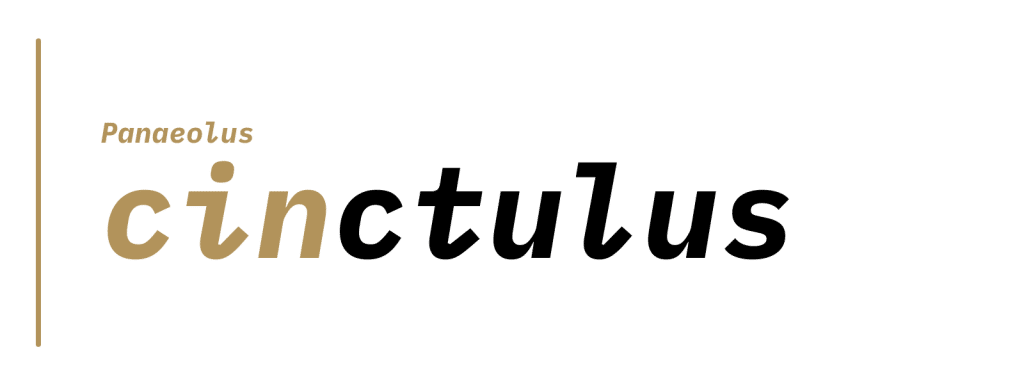
Panaeolus cinctulus
This species is one of the most common on the planet, so you will have no trouble finding it. It grows solitarily and in clumps on compost heaps, lawns, and well-fertilized gardens. The ideal season to find these fungi is from spring to early autumn after heavy rains.
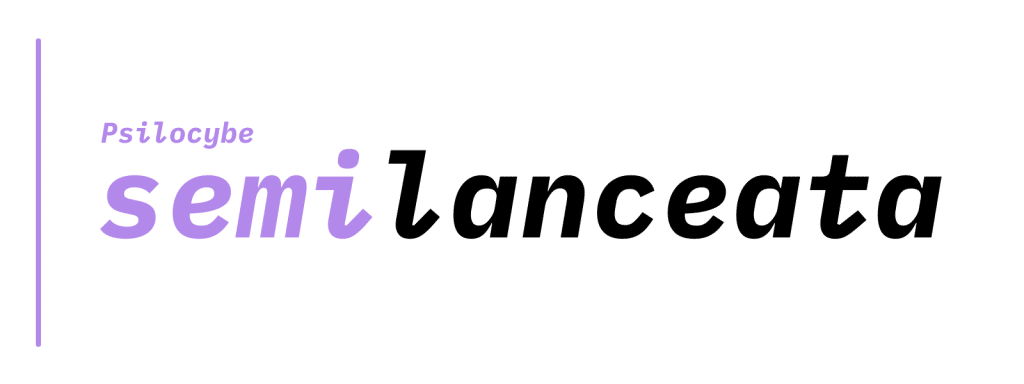
Psilocybe semilanceata
This species has a pointed cap reaching two centimeters in diameter. It grows gregariously in nitrogenous soils, in pastures frequented by cattle, or on manure. The most abundant season of these species is from summer to autumn.
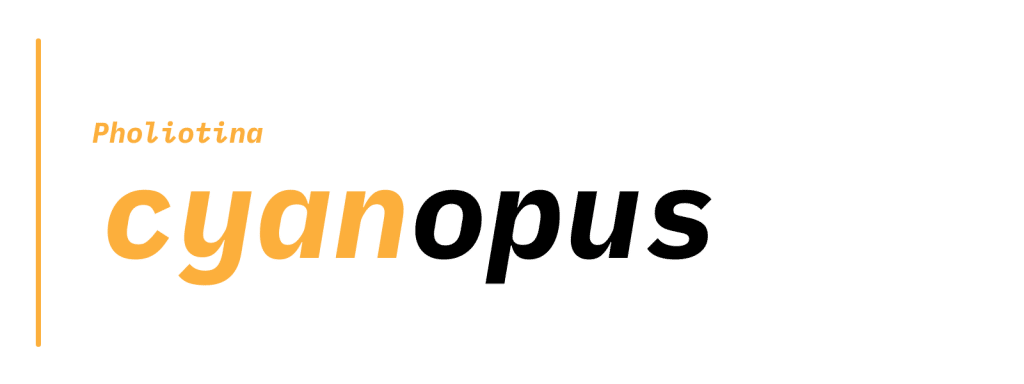
Pholiotina cyanopus
This species is easy to identify by its characteristic wavy caps. It grows mainly on wood chips on leaf litter in urban areas. The best season to find it is in late summer and early spring, when the temperature drops.
What Are the Medicinal Uses of Shrooms?
Psychedelics — especially psilocybin — can treat various afflictions and disorders with adequate therapy. For this reason, some European and North American countries are considering changing their laws regarding these substances.
Below, we will show you the main benefits of magic mushrooms and other substances.
Depression
Unfortunately, depression is a common mental health disorder in modern society and is usually treated with antidepressants.
Psilocybin can help create new thought patterns and facilitate epiphanic episodes, effectively reducing feelings of distress. Also, unlike antidepressants, magic mushrooms can prove therapeutic even after a single session.
Post-Traumatic Stress Disorder (PTSD)
Post-traumatic stress disorders can last a lifetime if not treated properly.
Psilocybin, LSD, and other psychedelics effectively reduce complex trauma symptoms [1]. They help decrease amygdala activity, improve the processing of traumatic memories, and release serotonin and dopamine, among other effects [2].
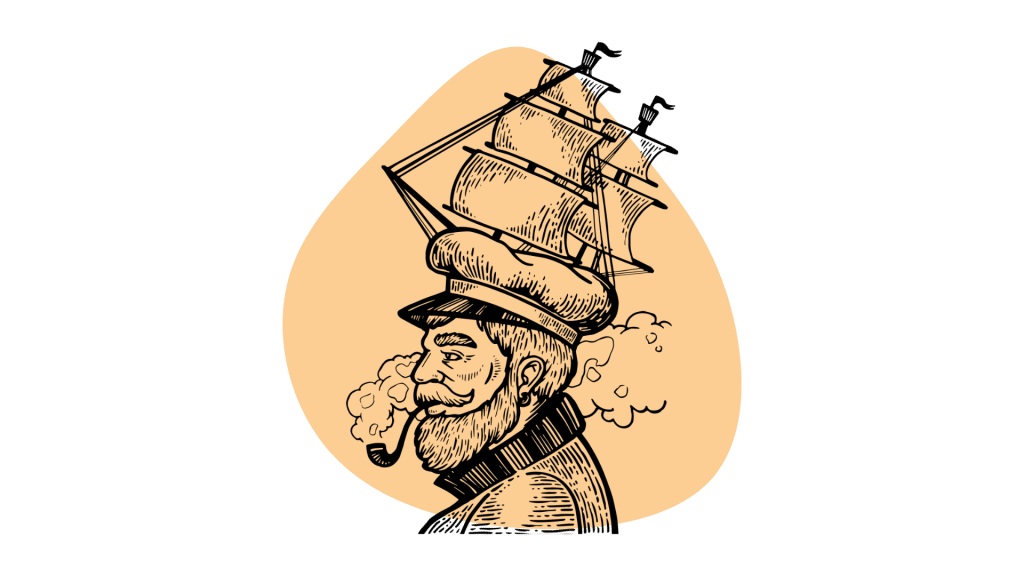
Existential Anxiety
Existential anxiety is common among elderly and terminally ill people. This disorder produces an overwhelming sadness and anguish, resulting from knowing that your death is near.
Psilocybin mimics serotonin, a neurotransmitter that influences our mood, influencing our outlook on life and how we perceive the world [3]. It helps those suffering from this condition to accept their fate better and find comfort in the present.
Cluster Headaches
Cluster headache attacks cause intense pain in the head and eyes, causing tearing and nasal congestion.
A study shows that psilocybin and LSD can alleviate several of their symptoms and even achieve a significant remission of their condition [4].
Addiction
Psilocybin can be effective in treating addictions. In a study, 80% of patients who underwent psilocybin-assisted therapy stopped smoking in six months. Other patients were also able to quit alcohol.
In addition to helping those with addictions, psilocybin and other psychedelics can also increase creativity and problem-solving skills.
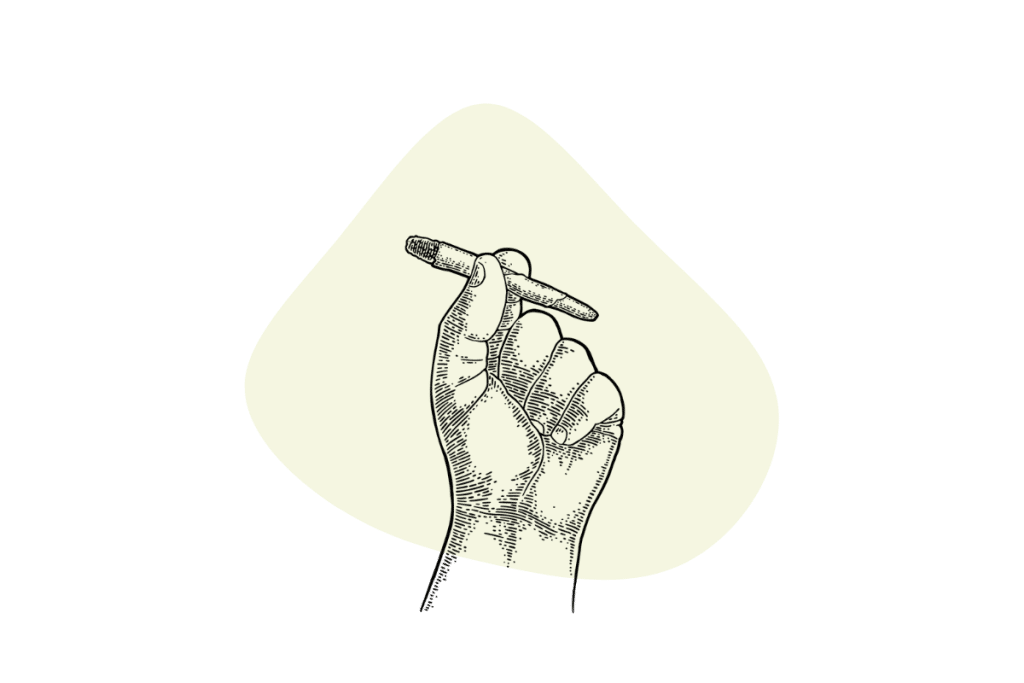
Is LSD Legal in Bulgaria?
No, LSD is not legal in Bulgaria.
LSD is classified as a Schedule I controlled substance, meaning that Bulgarian law considers it dangerous and highly illegal.
If the police catch you carrying LSD, you can be imprisoned for up to six years and receive fines up to one thousand leva.
Is DMT Legal in Bulgaria?
No, DMT is not legal in Bulgaria.
DMT has impressive therapeutic potential but is illegal in most parts of the world. Although Bulgarian law does not specifically mention ayahuasca, changa, or psychedelic toads, we suggest you consider them illegal because of their high DMT content.
The penalties for possessing DMT in Bulgaria are very harsh, as it is categorized as a Schedule I controlled substance. Should the police catch you with this psychedelic, you can spend six years in prison and receive fines of up to one thousand leva.
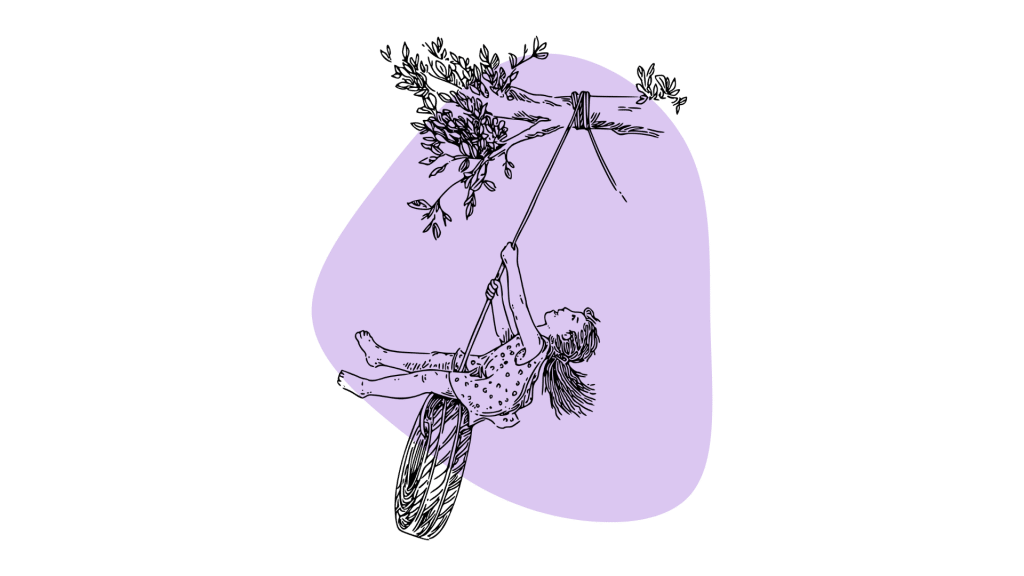
Is MDMA Legal in Bulgaria?
No, MDMA is illegal in Bulgaria.
MDMA, or ecstasy, is yet another psychedelic with therapeutic potential. Canada even legalized MDMA and psilocybin-assisted therapy and is experiencing incredibly positive results.
However, Bulgarian law places it in Schedule I on their list of controlled substances, so MDMA-related penalties are very harsh. You can go to jail for six years or receive fines for possessing this compound.
Is Ketamine Legal in Bulgaria?
No, ketamine is illegal in Bulgaria.
Unlike the previously mentioned psychedelics, ketamine is a Schedule III controlled substance. Although it is still considered dangerous and illegal, it is also recognized as a substance with medicinal value.
Still, if the police catch you with unauthorized ketamine, you can spend up to five years in prison and receive fines, depending on the amount.
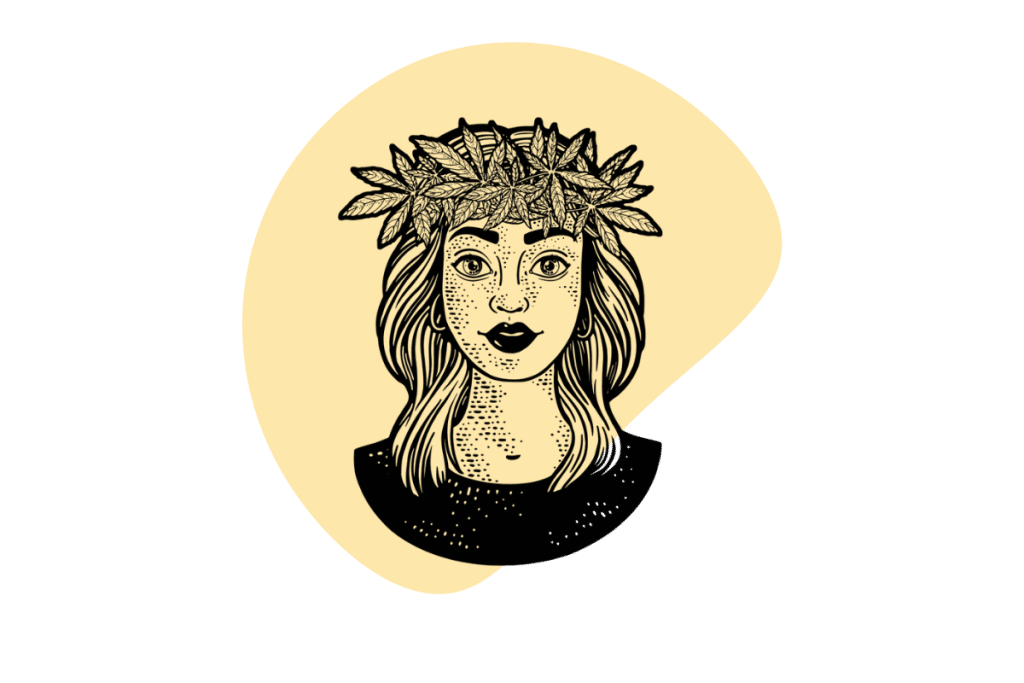
Is Marijuana Legal in Bulgaria?
Cannabis is illegal both for medical and recreational purposes in Bulgaria.
Marijuana is a Schedule I substance in Bulgaria, so you can spend up to six years in prison for possessing it. All its derivatives, such as delta 8, 9, 10 THC, and CBD, are also prohibited in this country.
In fact, a doctor can be imprisoned for up to five years and fined three thousand leva for prescribing cannabis.
Interestingly, Bulgarian law allows the cultivation of cannabis plants, but only if it’s for fiber, seeds for animal feed, or planting. This only applies if you have a license from the Minister of Agriculture, Food, and Forestry.
What’s the Difference Between Legalization & Decriminalization?
Many people get into legal trouble because they do not understand the differences between legalization and decriminalization. Below, we will briefly explain these concepts.
Decriminalizing a substance only reduces penalties for minor offenses. For example, in countries like Portugal, where drugs are decriminalized, you probably will not go to jail for possession or consumption. You may be fined, though.
Legalization, on the other hand, removes all penalties related to the substance and allows its commercialization. You can buy and sell them as if they were tobacco.
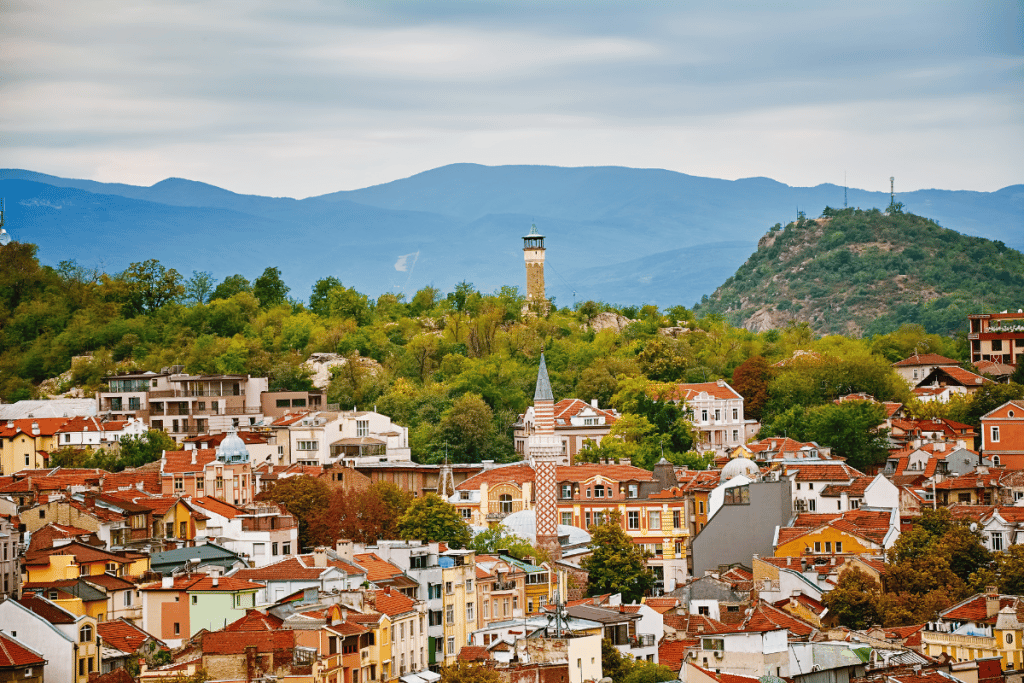
Key Takeaways: What’s the Future of Psychedelics in Bulgaria?
Unfortunately, Bulgaria is one of the most conservative countries in Europe regarding psychedelics, and lawmakers show no interest in changing their stance toward them. Therefore, their drug laws are likely to remain the same in the near future.
Still, we believe the world will adopt a more lenient perspective on these substances as research grows. There is a global trend pushing toward decriminalization and legalization of psychedelics, and we think it’s simply a matter of time until governments see their potential.
References
- Healy, C. J., Lee, K. A., & D’Andrea, W. (2021). Using psychedelics with therapeutic intent is associated with lower shame and complex trauma symptoms in adults with histories of child maltreatment. Chronic Stress, 5, 24705470211029881.
- Krediet, E., Bostoen, T., Breeksema, J., van Schagen, A., Passie, T., & Vermetten, E. (2020). Reviewing the potential of psychedelics for the treatment of PTSD. International Journal of Neuropsychopharmacology, 23(6), 385-400.
- Davis, A. K., Barrett, F. S., May, D. G., Cosimano, M. P., Sepeda, N. D., Johnson, M. W., … & Griffiths, R. R. (2021). Effects of psilocybin-assisted therapy on major depressive disorder: a randomized clinical trial. JAMA Psychiatry, 78(5), 481-489.
- Sewell, R. A., Halpern, J. H., & Pope, H. G. (2006). Response of cluster headache to psilocybin and LSD. Neurology, 66(12), 1920-1922.

